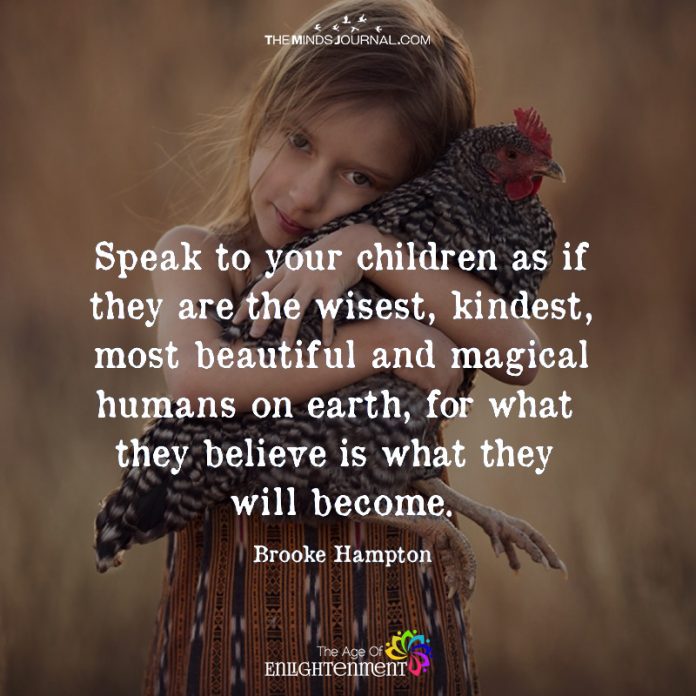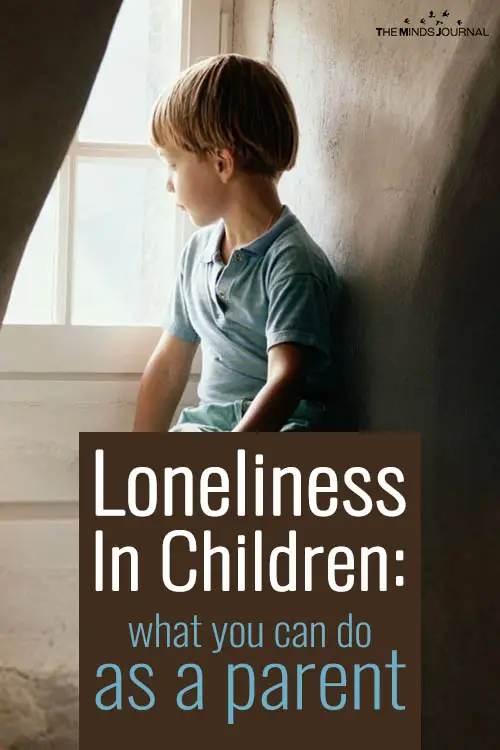As a parent, seeing the dark cloud of loneliness in your children can break your heart. But, the good news is you can help them fight this.
Kids who feel like they have no friends or who have been bullied can feel very lonely. School can be a place where feelings of loneliness intensify – especially when returning to school after the summer break.
Sadly, with today’s kids and teens, this is a more common issue than many people realize. Cigna’s 2018 U.S. Loneliness Index found that students have higher scores of loneliness than retirees. Studies also show that this may not just be “an age thing”, but be generational, which means that kids and teens may be more likely to feel lonely today than when their parents were their age.
Spotting loneliness in a child or teen
Depending on the age of your child, loneliness from bullying or lack of friends can be difficult to spot. One sign could be if your child was once socially active, but now stays home and no longer talks about her friends. Other signs include:
- a strong dislike for school
- isolating in a room and talking less
- A change in eating and/or sleeping
Kids who have always been introverted or have never done much with peers outside of school are the ones that may have loneliness that gets overlooked.
It’s important for parents to regularly check-in with their kids and teens. Ask how your child is doing and be more specific with your questions if you feel that something has changed or may not be right.
Kids who feel more connected with their parents are more likely to open up and share when they feel outcasted or lonely.
Is your child an introvert? Read 11 Superpowers of an Introverted Child
Starting a new school year with no friends
Whether a child feels lonely or not, starting a new school year can cause feelings of anxiousness. When a child returns to school after being bullied or with the feeling of having no friends, these feelings can be coupled with other negative feelings. Seeing their peers who may appear happy and with friends can make kids who are in this situation feel even more alone. They may think, why do others have friends and I don’t? Or, why am I the only one who gets bullied?
It’s important for kids to know that they’re not alone.
A framework that I recommend to all parents is The Three E’s (Empathy, Empowerment, and Engagement), which can help kids feel less lonely and isolated. The Three E’s can also help your child or teen come up with a game plan for changing the situation. During this process, roleplaying on starting conversations with new people, as well as encouraging participation in activities where new people can be met, can also help. Learn more about The Three E’s here.
When video games, social media, and other digital technology contribute to loneliness
Lack of face-to-face interaction with peers outside of school can contribute to loneliness. Over usage of social media, video games and other digital technology can make kids feel disconnected. Perhaps this is why studies show that the issue of loneliness with today’s teens is greater than with prior generations.
Kids and teens should be given opportunities for in-person interaction with friends and peers outside of school. This can help kids grow their social skills, gain confidence and develop stronger and longer-lasting friendships.
Final thoughts
People often say that “it takes a village to raise a child.” There’s a lot of truth in this statement. The reality is that kids need to hear from their parents, but they sometimes need to hear from other trusted adults too. Learn more here.
If your child is feeling lonely at school due to lack of friendships or bullying, it may be good to encourage him to speak to a teacher or school counselor. Some teachers may be willing to open his or her classroom at lunch or after school to start a club or another activity to help kids form new friendships.
Depending on the age and openness of your child, another option is for you to contact the teacher or school counselor, explain the situation, and ask if there are any opportunities for them to help pair your child up with someone that could potentially become a friend, or to encourage your child to join a club or other activity (your child may be more open to trying an outside activity if a teacher they trusts asks them).
Most importantly, parents should always remind their kids to stay true to who they are. “Just be yourself” and don’t change to impress others are important reminders for kids to hear. While loneliness may feel like a dark tunnel, it’s not permanent. There is light at the end of the tunnel that is reached by not giving up.
Children always rely on their parents for support, help, and guidance. As a parent, if you see that your child is suffering from loneliness, then help them as much as you can and be there for them as much as you can. Sometimes, that’s what matters the most.
If you want to know more about loneliness in children, then check out this video below:
Written By Danielle Matthew, LMFT
Originally Published In The Empowerment Space











Leave a Reply